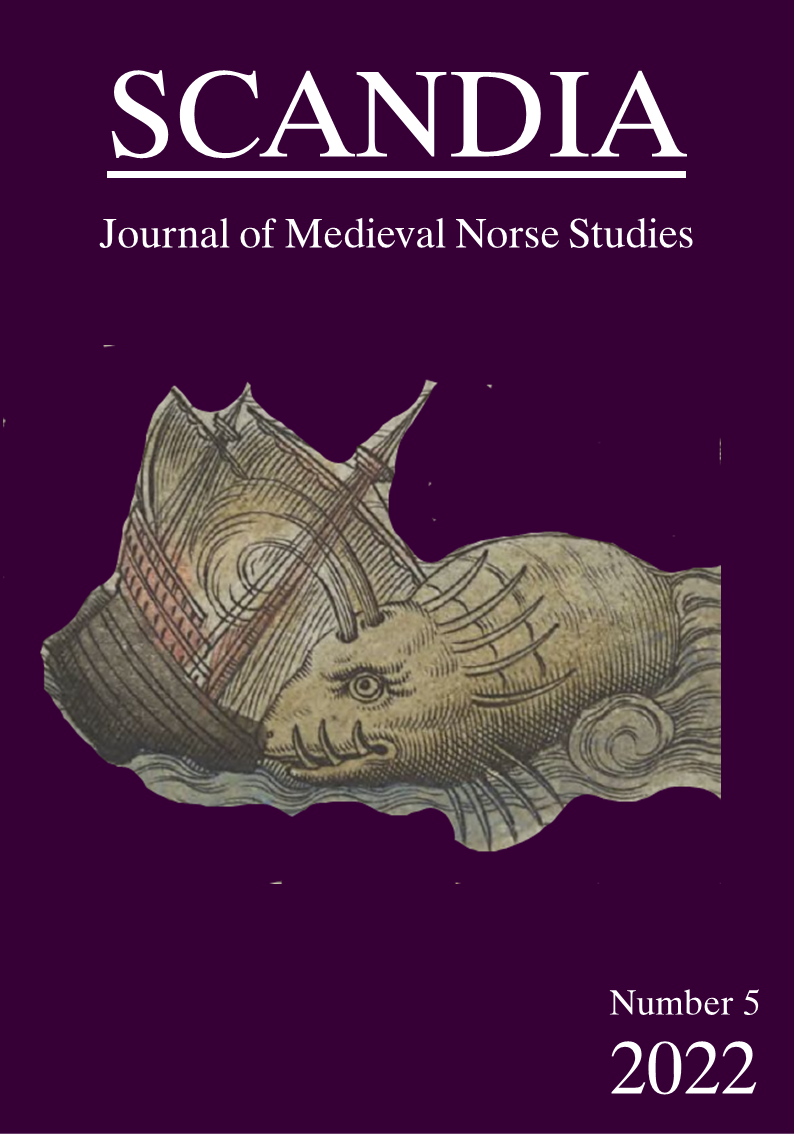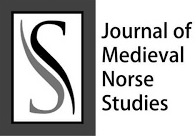VIKINGS X NEONAZISTAS: CRÍTICA E CONTESTAÇÃO DO RECRIACIONISMO HISTÓRICO E DA HISTÓRIA VIVA VIKINGS NO BRASIL ACERCA DO NEONAZISMO CONTEMPORÂNEO
Abstract
Neo-Nazism is nothing new in Brazil, since the end of the last century, supremacists proudly displayed shirts, necklaces and flags with the symbols of their ideology of hatred. However, currently, the movement has reached a dizzying and very dangerous growth. Another movement that is also growing fast in the country as a result – mainly – of the wide media influence, are the so-called historical reenactment and the living history associated with Viking culture. Although apparently these topics are not direct related, historically, Nazism appropriated many elements and symbols of the Old Norse culture and until today supremacists use them as a reference. Viking culture was merged to Nazi ideology due to the many fables produced by the third reich. This article seeks to clarify these mythical relationship between Nazism and Viking culture, in addition to investigating the opinions of national groups of historical reenactment and living history about these associations. Finally, it tries to alert to the risks of recreating inadvertently practices of a medieval Scandinavian culture in the tropics.
Downloads
Downloads
Published
Issue
Section
License
The author (s) of the original submitted undertake to comply with the following:
- All authors are publicly responsible for it.
- The authors claim that this original is their own and that they assume full responsibility to third parties, whether moral or patrimonial, by reason of its content, stating that the work does not infringe any intellectual property rights of third parties.
- The author (s) agree to the copyrights of the original to Scandia Journal, to which they grant permission for its reproduction, editing and online publication.
- The author (s) grant their copyright of their original to the Scandia Journal, licensed under the Creative Commons Attribution License, which allows the sharing of this work with the acknowledgment of their authorship.
- The author (s) have permission and are encouraged to cite and distribute their original.



